
Evolutionary biologist (Multicellularity & social evolution). Prof. at Georgia Tech & Director @QBioS_GT PhD program.
2 subscribers
How to get URL link on X (Twitter) App

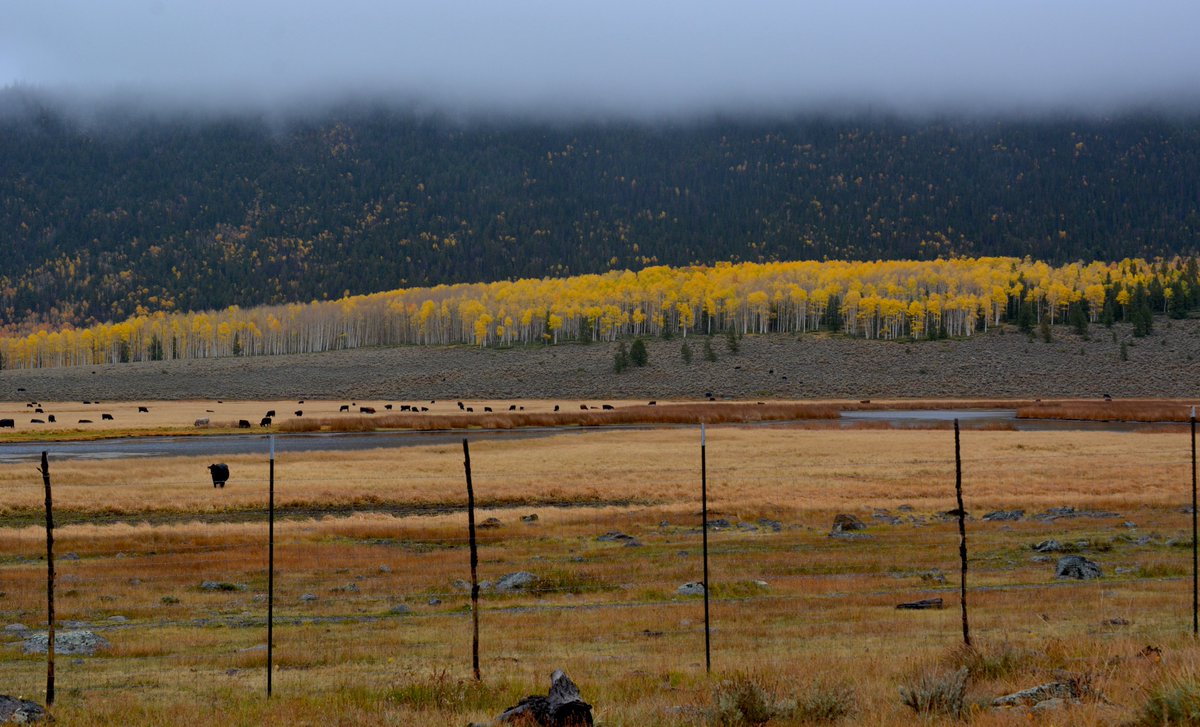
 This work represents a massive collaboration, led by @PineauRozenn and @ZachGompert, with crucial help from Karen Mock, Jesse Morris, Vachel Kraklow, Andrea Brunelle, and Aurore Pageot. This team brings together expertise in evolution, genomics, botany, and paleoecology. 2/30
This work represents a massive collaboration, led by @PineauRozenn and @ZachGompert, with crucial help from Karen Mock, Jesse Morris, Vachel Kraklow, Andrea Brunelle, and Aurore Pageot. This team brings together expertise in evolution, genomics, botany, and paleoecology. 2/30
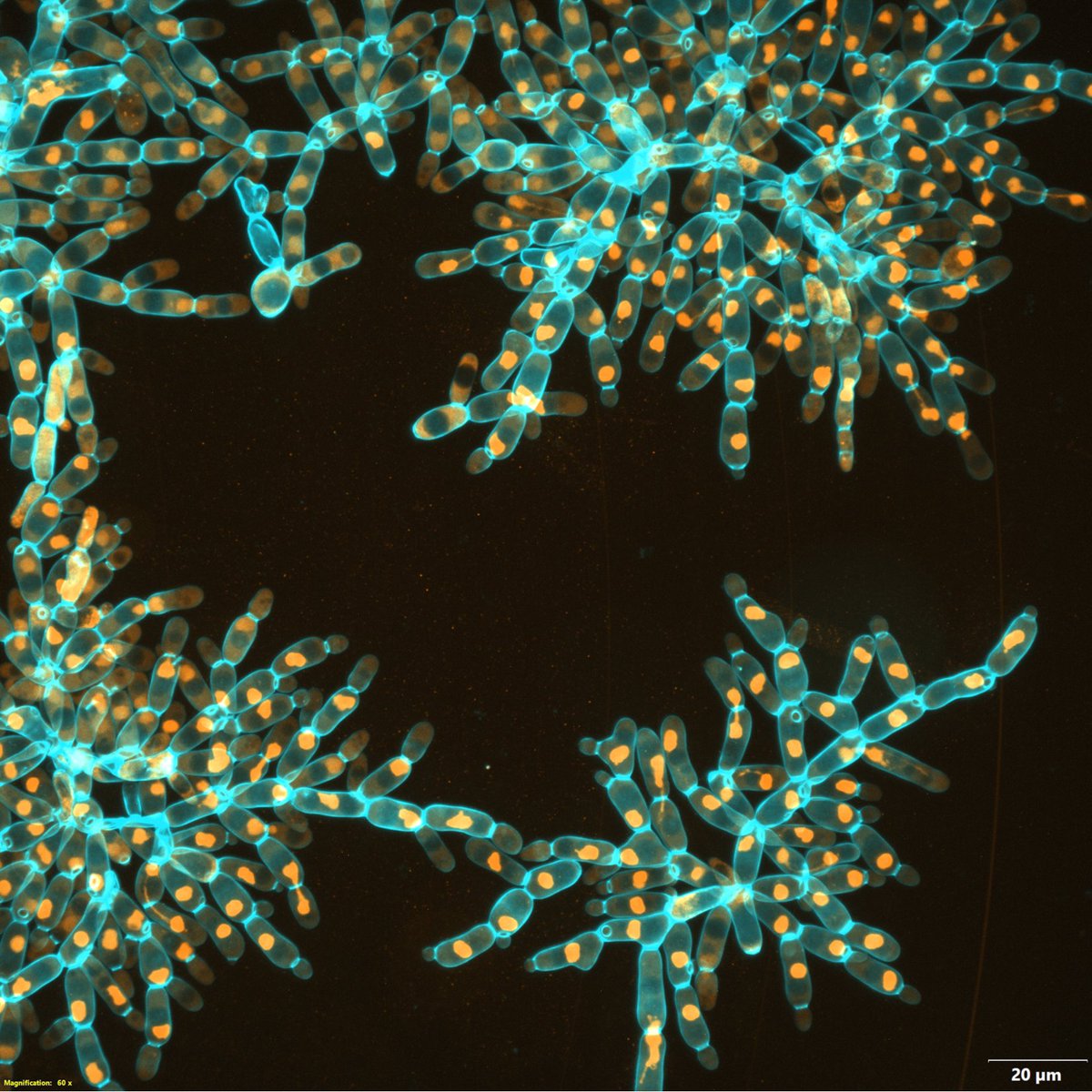

 2/42 You can check out the preprint here:
2/42 You can check out the preprint here: 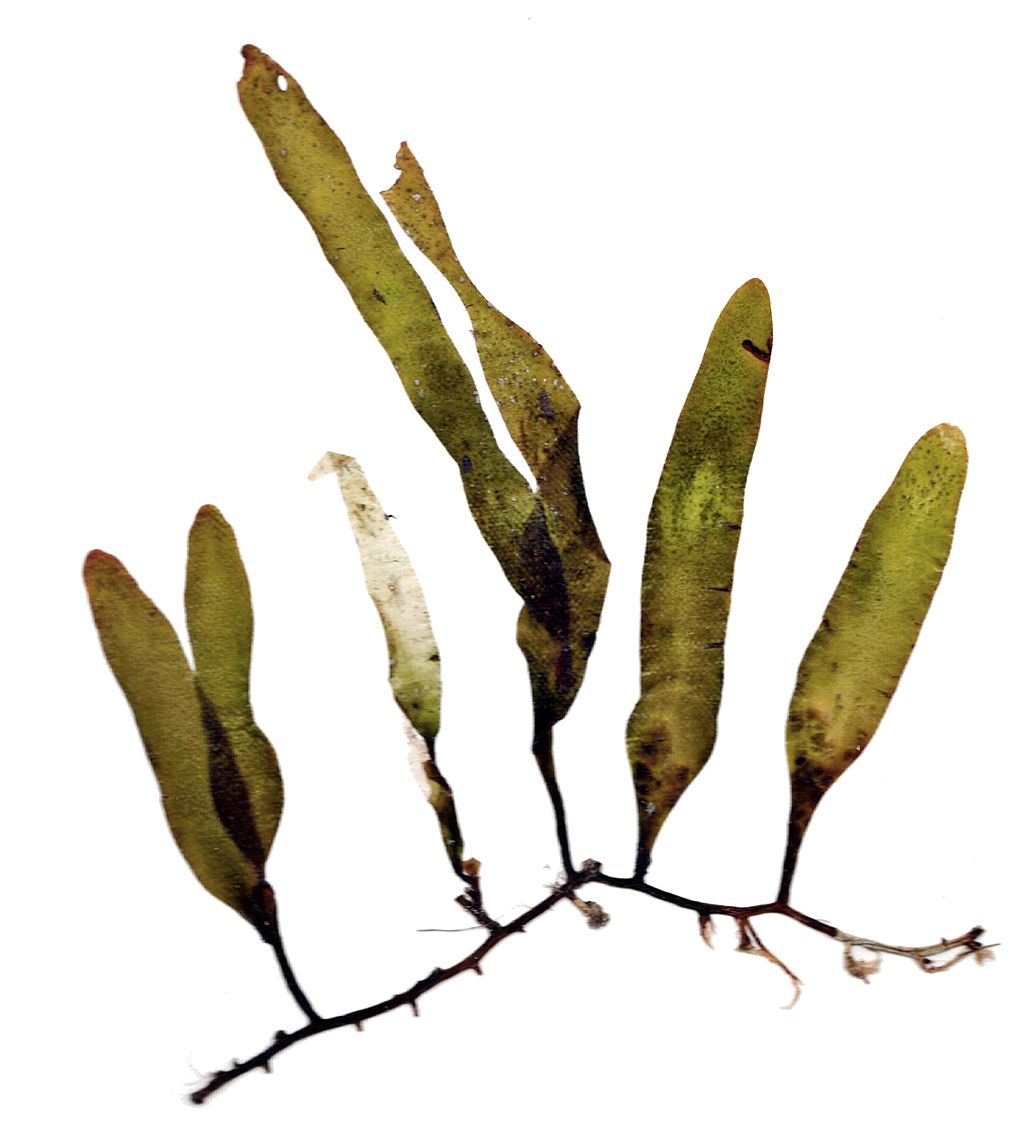
https://x.com/wc_ratcliff/status/1724491350756724965?s=20
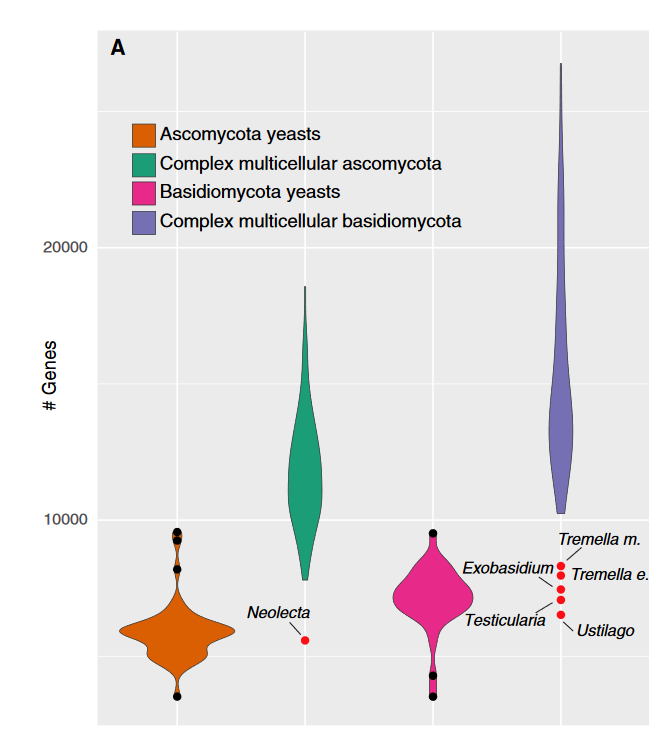

 In short, we’ve established an open-ended LTEE exploring the evolution of multicellularity. Over 600 rounds of selection, we observe the evolution of macroscopic multicellular groups, which are 10,000x tougher as a material than their ancestor. 2/25
In short, we’ve established an open-ended LTEE exploring the evolution of multicellularity. Over 600 rounds of selection, we observe the evolution of macroscopic multicellular groups, which are 10,000x tougher as a material than their ancestor. 2/25
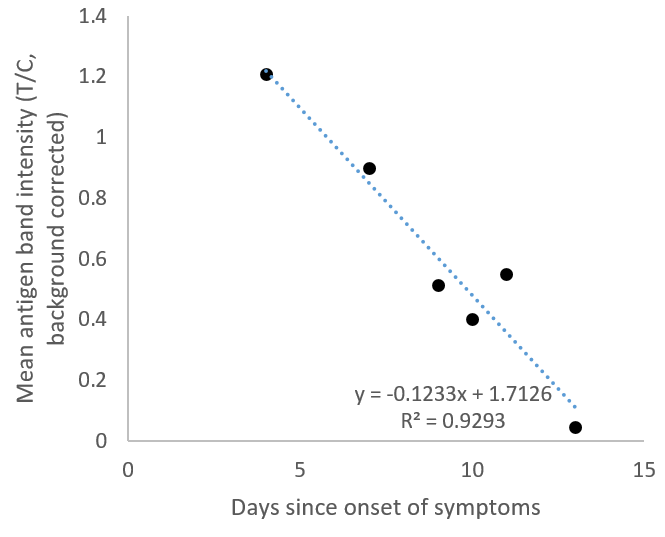
 Despite the definitively post hoc and crude approach, I'm reassured. That tick up at day 11 wasn't the herald of a rebound...it was just an outlier. Maybe I got more gunk from my nose on the swab that day. Or maybe it was the work of the minions advent calendar used as a backdrop
Despite the definitively post hoc and crude approach, I'm reassured. That tick up at day 11 wasn't the herald of a rebound...it was just an outlier. Maybe I got more gunk from my nose on the swab that day. Or maybe it was the work of the minions advent calendar used as a backdrop
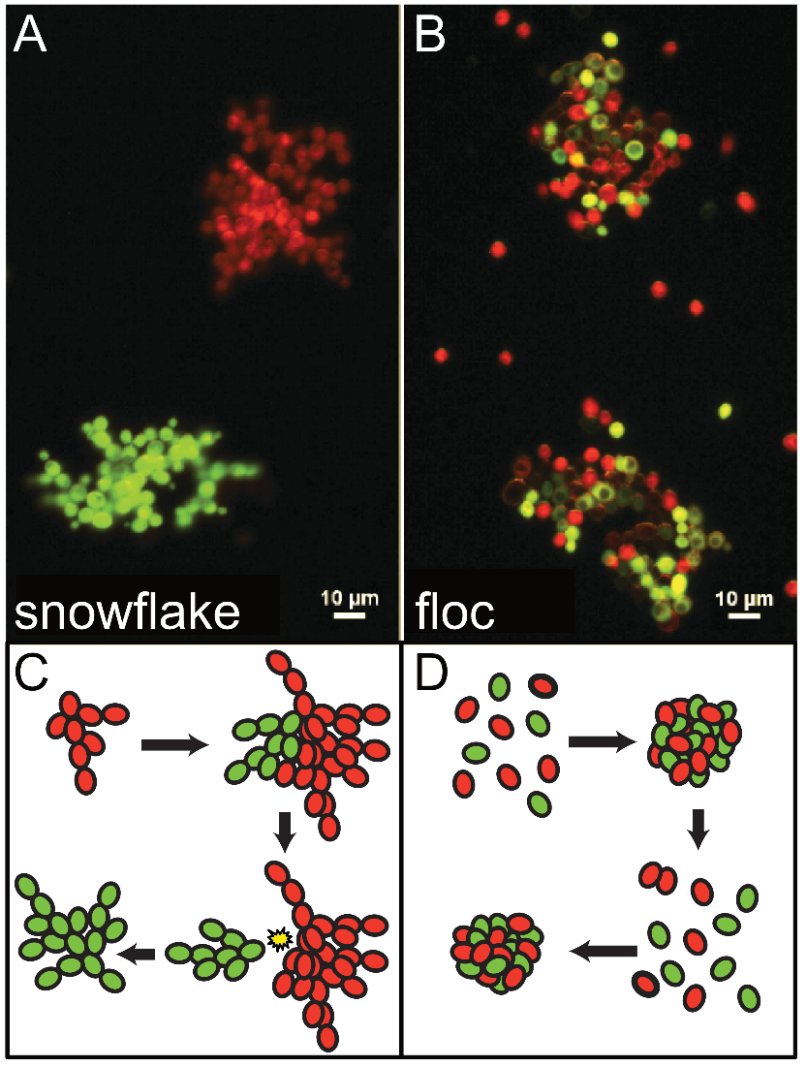
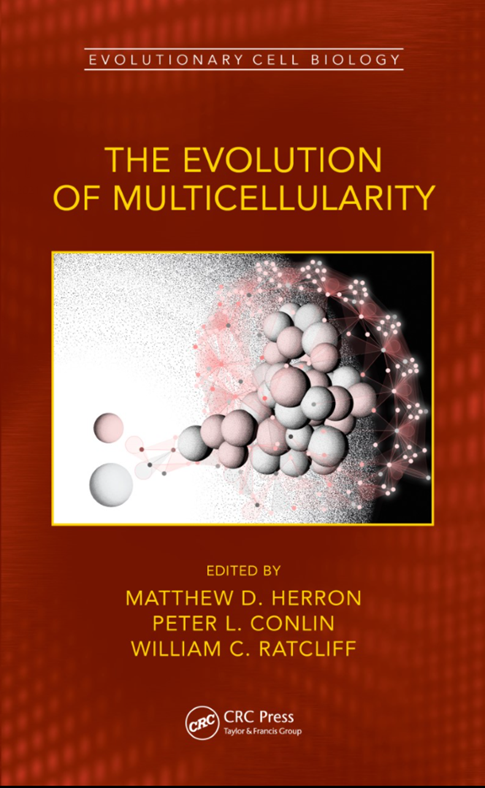
 I’m happy to say that our book, “The Evolution of Multicellularity”, is now officially available for preorder (shipping this spring) here: routledge.com/The-Evolution-…. The preorder is 20% off, too. 2/32
I’m happy to say that our book, “The Evolution of Multicellularity”, is now officially available for preorder (shipping this spring) here: routledge.com/The-Evolution-…. The preorder is 20% off, too. 2/32
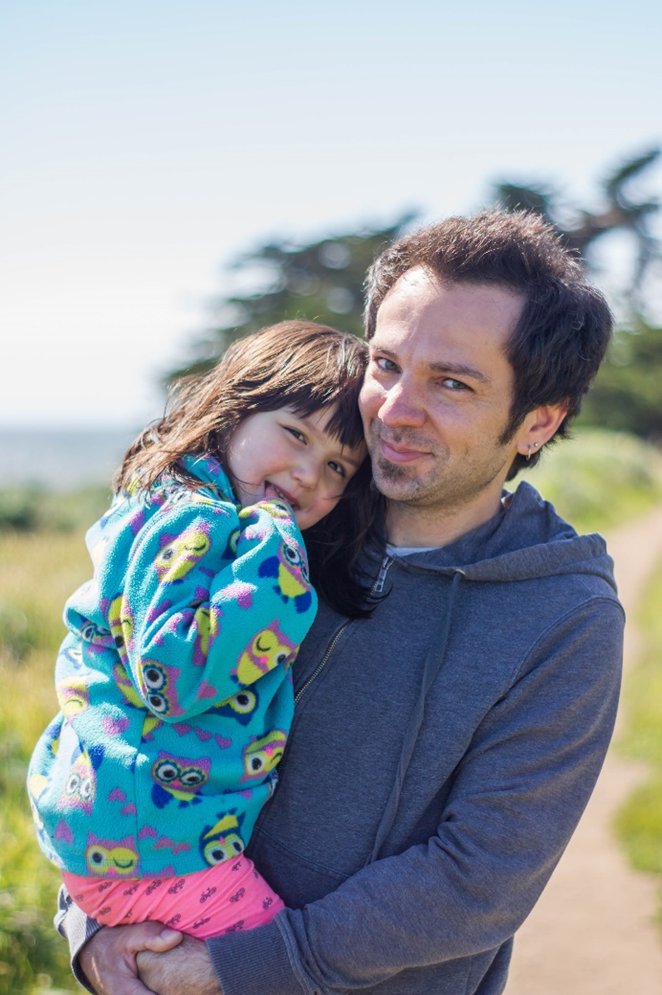
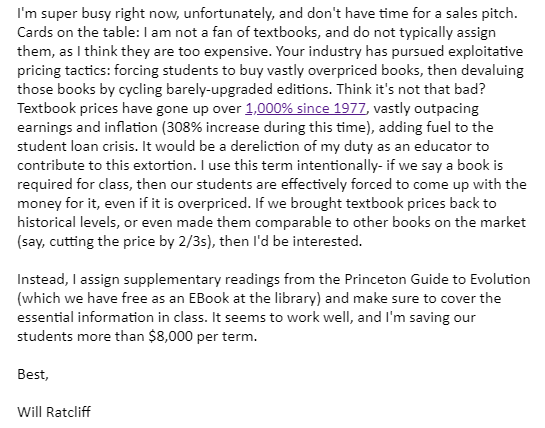
 This is a classic collective action problem, but if more of us demand industry reform before buying textbooks, I think we could have an impact!
This is a classic collective action problem, but if more of us demand industry reform before buying textbooks, I think we could have an impact!